People start accessing ‘cheap’ foreign currency
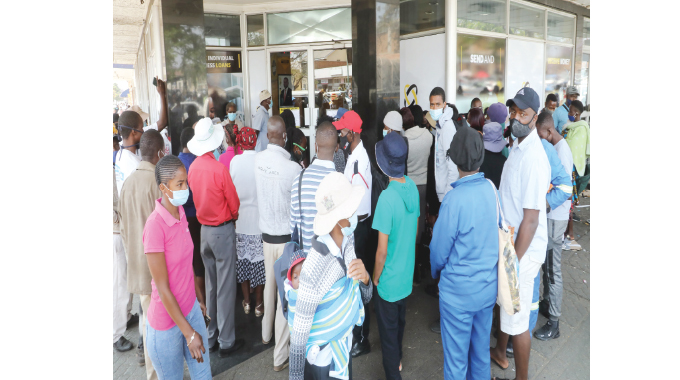
Mashudu Netsianda and Patrick Chitumba, Chronicle Reporters
PEOPLE across the country have started buying foreign currency from registered bureaux de change following Government’s decision to promote financial inclusion and access to forex for small value transactions by members of the public.
Members of the public are entitled to buy US$50 per week at the prevailing auction rate.
The Reserve Bank of Zimbabwe (RBZ) monetary policy committee (MPC) meeting held last month paved the way for members of the public to access forex.
Given that the official rate is almost half of that prevailing on the parallel market, the announcement has been welcomed by many Zimbabweans.
This week’s official RBZ auction exchange rate is at US$1-$86,21 while the black-market rate is between $160-$170 to US$1.
Previously, there were no provisions for the general public, especially those seeking to do domestic transactions in forex, without passports or receipts for external payments, to purchase US dollars from bureaux de change.
Most people were resorting to buying forex on the black market.
In terms of the MPC’s resolutions, members of the public wishing to buy foreign currency are now able to approach any registered bureau de change. They are supposed to produce a national identity card to buy the prescribed maximum amount of US$50 per week at the official RBZ ruling auction exchange rate including a 10 percent commission.
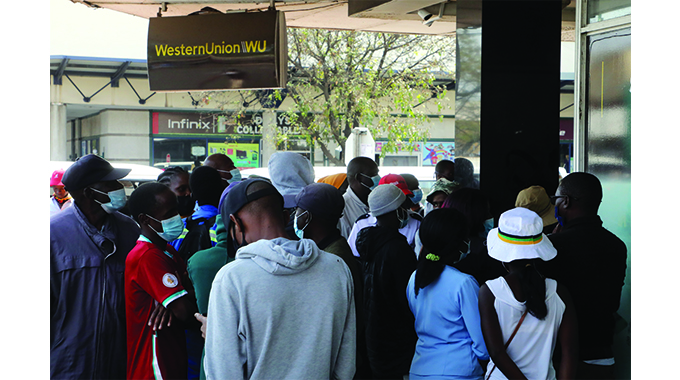
The intervention by Government comes on the backdrop of a widening gap between the official exchange and black-market foreign exchange rates, which made it difficult for ordinary citizens to afford small value transactions that require hard currency.
A Chronicle new crew yesterday visited one of the selected bureau de change offering the facility and observed long queues.
People who spoke to the news crew yesterday welcomed the move, but were quick to highlight their challenges in terms of accessing the hard currency.
Mr Kenneth Moyo urged RBZ to increase the number of financial institutions selling forex.
“This is quite commendable and we applaud Government for coming up with such a brilliant facility given the ridiculous rates on the black market. For some of us who pay rent in US dollars, this is a relief to us,” he said.
“However, it is worrying to note that people are forced to queue for long hours, some sleeping in the queues because there is a limited number of customers being served per day. We urge RBZ to increase the number of the financial institutions offering this facility by including all registered banks.”
Mrs Anna Dube who travelled all the way from Zvishavane, said she arrived at one of the bureau de change at 4AM and was given card number 60.
“The security guard gave me card number 60, but to my dismay, there were less than 20 people in the queue. We are told that one has to bribe the security guard with US$5 to be given first preference. I wish the RBZ could address that issue,” she said.
Mr Senzi Ncube said for the past days he has been queuing to buy forex with no success due to confusion and a limited number of people being attended to per day.
“They give us queuing cards by security early morning and when the manager comes, he issues new cards and at the end of the day, you are left out. They only serve 130 people and we urge Government to look into this.”
“I heard about this facility last Thursday and decided to wake up as early as 3AM on Saturday and come here, but unfortunately the queue was already long and I failed to buy forex because it was half day and they only served 80 customers,” she said.
“Today, I am here again and I am hoping if I get US$50, I will be able to pay school fees for my daughter who is doing Form One since the school wants payment in forex. I will also be able to buy a meaningful grocery since it is cheaper in forex.”
Ms Dube appealed to RBZ to consider extending the facility to all banking institutions to avoid crowding.
“As it is I brought my three-year-old baby to the queue, which is risky. I should be at work right now but because of delays I am still here. We will appreciate this effort by Government, we appeal for this facility to be availed to all banks in Bulawayo,” she said.
Ms Dube said there was lack of transparency in the whole process with some money changers manipulating the systems. It also emerged that some people were bribing security guards to jump queues.
“Some money changers are also capitalising on the loopholes by using the same card to swipe using different identity cards since what is required here is just an ID. Security guards are also being bribed US$5 by some people who don’t want to stand in the queue for long hours,” she said.
Mr Senzi Ncube said some money changers were working in cahoots with unscrupulous individuals to buy forex by transferring money into their accounts and selling the money on the black market at higher rates.
“You will find that these individuals queue on behalf of money changers and after buying the forex they get premiums,” he said.
Ms Patricia Ngwenyama, who is diabetic, said she uses the money to buy medication and to pay rent.
A Chronicle news crew also conducted a snap survey in Gweru where some people were forced to sleep in queues and violating Covid-19 protocols.
Mr Xavier Matarutse from Mkoba Village 1 said he joined the queue at 9PM on Sunday and by 11AM, he had not yet been served.
“We appreciate this effort by the RBZ, liberalising the purchase of foreign currency for us individuals. I was expecting to have been attended to by now since I slept in the queue but nothing is happening,” he said.
“Some people come and go in without queuing because they have connections to buy foreign currency.
“Most property owners demand rentals in US dollars and this will ease pressure for tenants like me. I am now forced to commute to Gweru three times a month because we don’t have a registered bureau de change in Zvishavane.”
Another client said he went to another bureaux de change and was told that they were only serving clients who booked on Saturday.
Contacted for comment, one of the managers speaking on condition of anonymity said they are being overwhelmed by clients seeking to benefit from the facility yet there won’t be enough funds to meet the demand.
“It is only after receiving our weekly allocations that we are able to know the amount of foreign currency to dispense, which means some people will fail to buy forex as we would have exhausted our allocation,” he said.
“In that case, we then ask people to make bookings so that we make prior arrangements. We are in business and there is no reason whatsoever to turn away clients. It is a wrong assumption that we are now manipulating the system.”
RBZ recently announced that individuals will now be able to buy forex from bureaux de change at the official rate.
The decision to allow individuals to buy foreign currency from bureaux de change at the official rate was made at the last meeting of the Reserve Bank of Zimbabwe’s monetary policy committee.
Presenting results of the MPC meeting, the RBZ said it would be liberalising the operations of bureaux de change to promote financial inclusion by allowing them to process small value foreign currency transactions of up to US$50 per person per week.
This is on the basis of individual identities, with charges and commissions levied by the bureau de change not exceeding 10 percent per transaction.
The monetary policy committee also lauded the notable performance of foreign currency receipts which increased by 32 percent to US$5,09m billion as of 7 August 2021 compared to US$3,85 billion received during the same period in 2020.
Cumulative foreign exchange payments increased by 42 percent to US$3,59 billion as at 7 August 2021 compared to US$2,52 billion for the same period in 2020.
The notable increase in foreign currency receipts is vital for sustaining the foreign exchange market and fostering exchange rate stability.
Zimbabwe dollar official rate has been fairly stable since the start of the year and besides the introduction of Statutory Instrument 127 of 2021 there has been minimal introduction of policies thus a reasonably steady environment.
@mashnets @pchitumba1
Chronicle news crew also caught up with Ms Nomalanga Dube who was queuing at Western Union Financial Services at corner Fort Street and 10th Avenue in Bulawayo’s city centre.

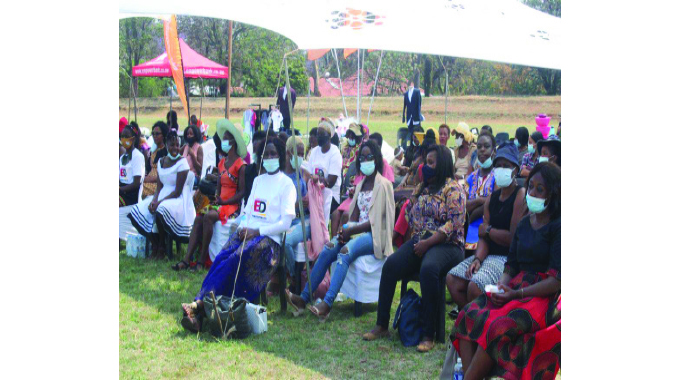

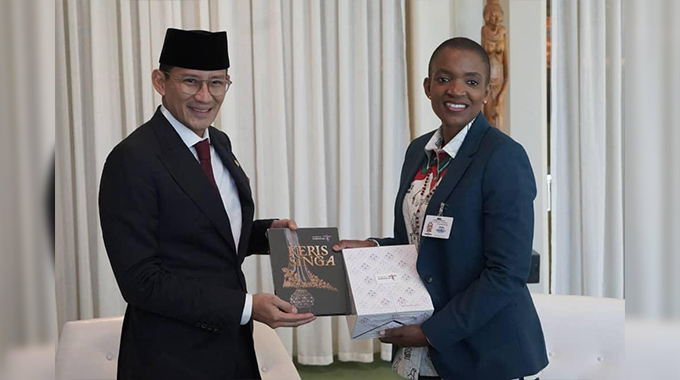

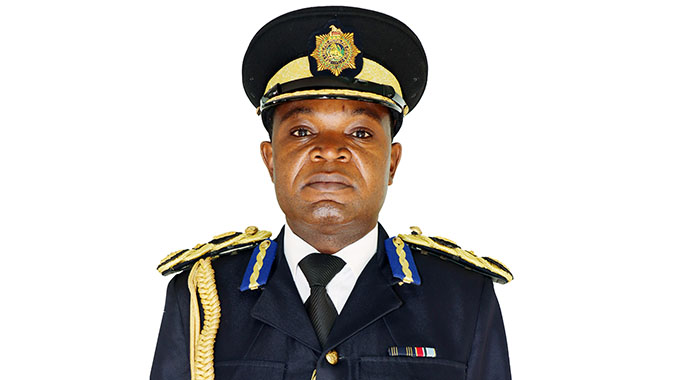





Comments